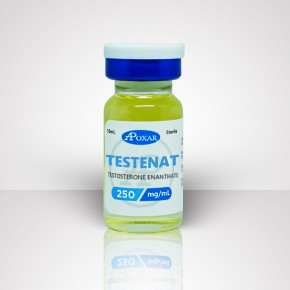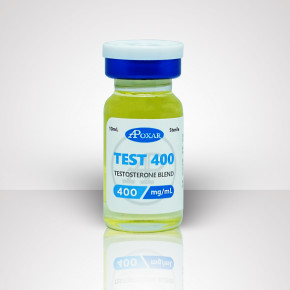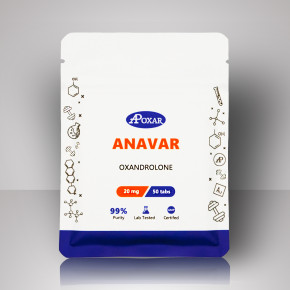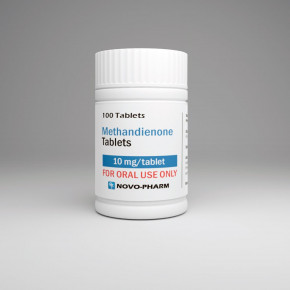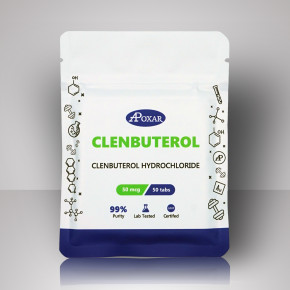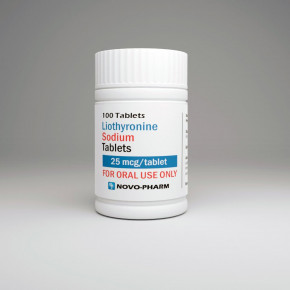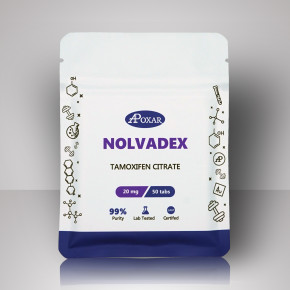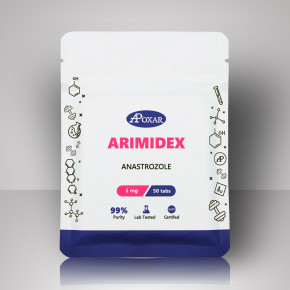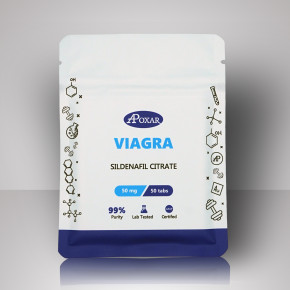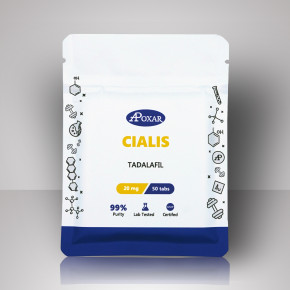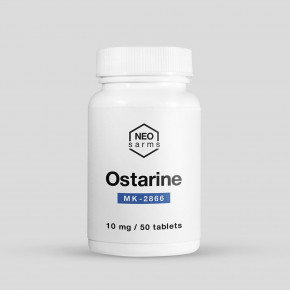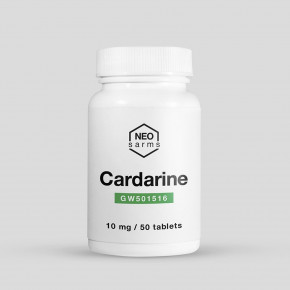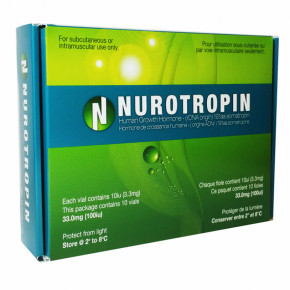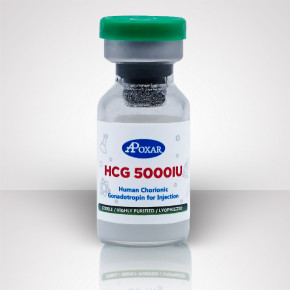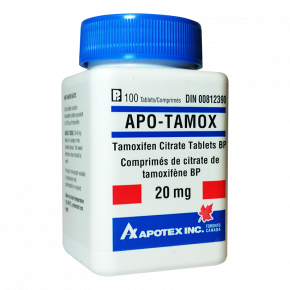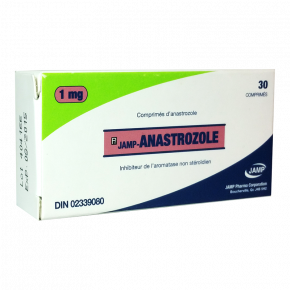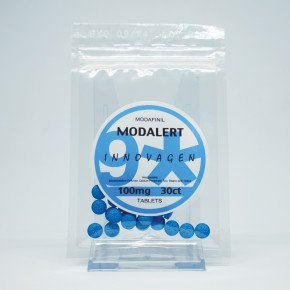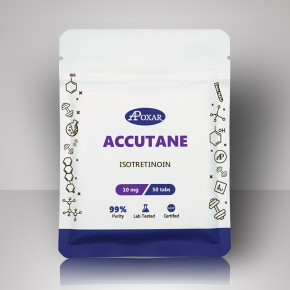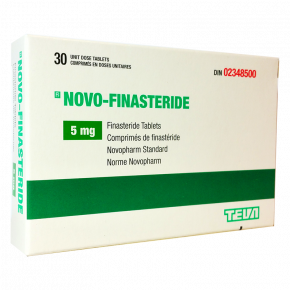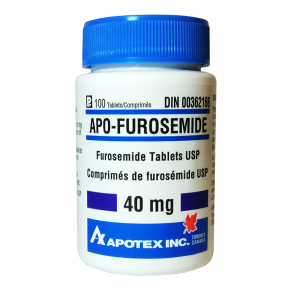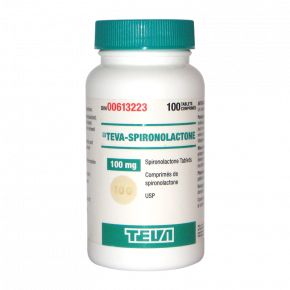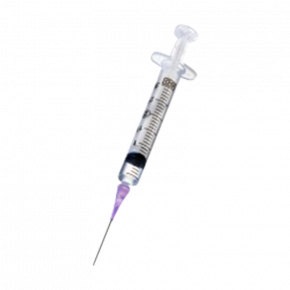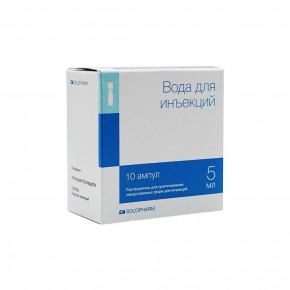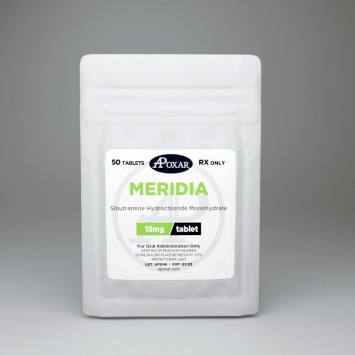 Free delivery for orders over $400
Free delivery for orders over $400Meridia
Meridia is a well-known appetite suppressant. Also it has a remarkable effect in terms of weight loss and fat burning. Used along with diet and exercise to treat obesity and unnecessary fat. 10-15 mg/day 4 weeks
-
Meridia - Sibutramine (Fat Loss) 15mg/50tabs - Apoxar
$80.00Out of stock
Sibutramine Description
Sibutramine hydrochloride is a selective serotonin and noradrenaline reuptake inhibitor used for the medical management of obesity. This pharmaceutical is intended to be an adjunct to a reduced-calorie diet, which will help increase weight loss compared to that achieved with modifying food intake alone. Sibutramine hydrochloride is not advertised as a rapid-acting drug, but instead, one that fosters slow, safe, and steady losses in fat mass which are maintained long-term.
Sibutramine hydrochloride exerts a weight-loss effect through two distinct mechanisms. It has a marked ability to suppress appetite. During some studies, patients would reduce their daily energy intake by as much as 1,300 calories while taking this drug.1 In addition to its effects on caloric intake, sibutramine also stimulates metabolism and daily caloric expenditure. A single 10 mg dose has been demonstrated to increase the basal metabolic rate by up to 30%, an effect that is maintained for at least six hours. This thermogenic action is known to occur via the adrenergic system, mainly through the indirect support of beta 3 receptor activation. With the use of this drug, we are specifically seeing a strong increase in brown adipose tissue thermogenesis (BAT), which is accompanied by body temperature increases of .5 – 1 degree Celsius.2 Elevated body temperature is a good indicator that thermogenesis is being triggered, which you may recall as one of the key things we are looking for when taking clenbuterol.
To get a better idea of exactly how well sibutramine hydrochloride works, we refer to some of the clinical studies on this agent. One investigation was conducted at the Kansas Foundation for Clinical Pharmacology in 2001. Here, a group of 322 obese patients were given either 20 mg of sibutramine or placebo once daily for 24 weeks. By the conclusion of this study, 42% of patients in the sibutramine group lost 5% or more of their initial body weight, while 12% noticed a 10% or greater loss in body weight. Sibutramine was also associated with significant improvements in serum triglyceride and HDL cholesterol levels, which were displaying poor values at the onset of the study. Another detailed investigation was completed in China by the Department of Endocrinology for Rui-jin Hospital this same year and involved giving only 10 mg per day of sibutramine to a group of 120 men and women.3 This investigation also faired extremely well, with patients losing an average of 15 pounds by the 24th week of use.
History
Sibutramine hydrochloride received Food and Drug Administration approval for sale as a prescription weight-loss agent in 1998. It was developed and marketed by Abbott Laboratories, which sold the drug on the U.S. market under the brand name Meridia. The company also sold the drug in many international markets under the name Reductil. Sibutramine enjoyed only a limited period of sales in the U.S., as it was removed from the market in October 2010 under FDA pressure, citing an increased incidence of adverse cardiovascular events. Abbott has since also withdrawn sibutramine from many markets worldwide. Note that sibutramine remains classified as a schedule IV controlled substance in the United States.
How Supplied
Sibutramine hydrochloride is most commonly supplied in capsules of 5 mg, 10 mg, and 15 mg.
Structural Characteristics
Sibutramine hydrochloride is a centrally-acting serotonin-norepinephrine reuptake inhibitor structurally related to amphetamine. It is chemically a racemic mixture of (+) and (-) enantiomers of 1-(4-chlorophenyl)-N,N-dimethyl-a-(2- methylpropyl)-cyclobutanemethanamine.
Side Effects
The most common side effect with sibutramine is an increase in blood pressure, a trait that contraindicates its use in patients with high blood pressure or other cardiovascular issues. Other common side effects include dry mouth, sleeplessness, irritability, back pain, stomach upset, and constipation, all of which tend to become reduced in magnitude as the user becomes accustomed to the drug. Sibutramine hydrochloride should be discontinued immediately if any of the more serious side effects or symptoms of toxicity occur, including excitement, restlessness, loss of consciousness, confusion, agitation, weakness, shivering, clumsiness, rapid heartbeat, large pupils, vomiting, difficulty breathing, chest pains, swelling of feet, ankles or legs, fainting, disorientation, depression, high fever, eye pain, tremor, or excessive sweating. Note that the increased incidence of cardiovascular events has prompted the removal of this product from most markets. It is no longer considered a safe product by many standards.
Administration
Sibutramine hydrochloride is used for the management of obesity, including weight loss and maintenance, and should be used in conjunction with a reduced-calorie diet. This drug has been used with patients who have additional weight-related risk factors including controlled hypertension, diabetes, and dyslipidemia (high cholesterol). The recommended starting dosage for most patients is 10 mg once daily, which is to be adjusted upwards to 15 mg after 4 weeks of weight loss has not been sufficiently initiated. Higher doses are usually not recommended.
Availability
This drug is subject to limited availability following an FDA supported recall in the United States, and subsequently its removal from many other international markets for safety reasons.
References:
- Modalities of the food intake-reducing effect of sibutramine in humans. Chapelot D, Marmonier C, Thomas F, Hanotin C. Physiol Behav. 2000 Jan;68(3):299-308.
- Thermogenic effects of sibutramine and its metabolites. Connoley IP, Liu YL, Frost I, Reckless IP, Heal DJ, Stock MJ. Br J Pharmacol. 1999 Mar;126(6):1487-95.
- A randomized, double-blind, placebo-controlled, multicenter study on sibutramine in over-weighted and obese subjects. Zhao Y, Wang X, Yan Z. Zhonghua Yu Fang Yi Xue Za Zhi. 2001 Sep;35(5):329-32.

